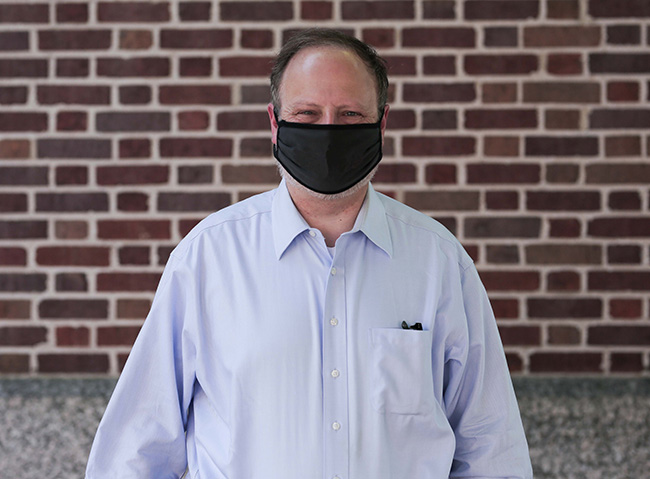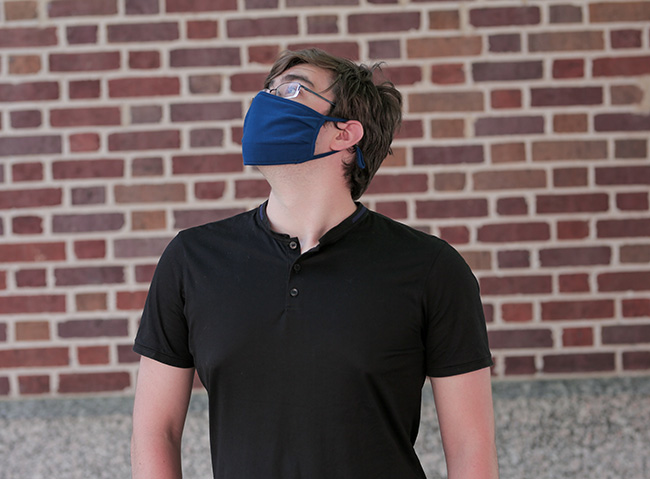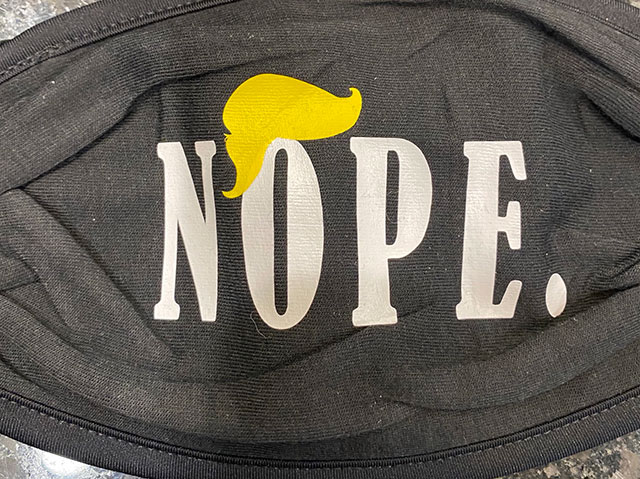COVID-19 Vaccinations: Can Businesses Make Them Mandatory for Employees?
With myriad potential COVID-19 vaccinations on the horizon, the business community is breathing a sigh of relief.
While distribution and timing are up in the air, everyone hopes that by the start of the third quarter of 2021, most Americans will have access to a vaccination.
This gives businesses the opportunity to think through how they want to approach their employees about COVID-19 vaccinations — should they be mandatory or at the discretion of the employees? Many businesses, especially in the health care field, will push for mandatory COVID-19 vaccination policies.
If your business decides to go the “mandatory” route, which in the case of a worldwide pandemic is allowable, be ready to field requests to forego the vaccination once you roll out your policy. Some (maybe most) requests can be turned down, like those people who just don’t like the idea of vaccines in general or those who have some latent distrust of the COVID-19 vaccines (perhaps socially or politically driven). Full disclosure: I plan to get the vaccination when it’s my turn.
But you need to listen to those requests to not take the vaccine that involve some type of health-related or religious reason. Ignoring them potentially violates the Americans with Disabilities Act or Title VII of the Civil Rights Act, both of which apply to businesses with at least 15 employees, and the Arkansas Civil Rights Act, which applies to businesses with nine or more employees.
Here’s the specific EEOC guidance on what a covered business should do in response to a request to not take the vaccination due to health or religious reasons:
If an employer requires vaccinations when they are available, how should it respond to an employee who indicates that he or she is unable to receive a COVID-19 vaccination because of a disability? (12/16/20)
The ADA allows an employer to have a qualification standard that includes “a requirement that an individual shall not pose a direct threat to the health or safety of individuals in the workplace.” However, if a safety-based qualification standard, such as a vaccination requirement, screens out or tends to screen out an individual with a disability, the employer must show that an unvaccinated employee would pose a direct threat due to a “significant risk of substantial harm to the health or safety of the individual or others that cannot be eliminated or reduced by reasonable accommodation.” 29 C.F.R. 1630.2(r). . . . If an employer determines that an individual who cannot be vaccinated due to disability poses a direct threat at the worksite, the employer cannot exclude the employee from the workplace—or take any other action—unless there is no way to provide a reasonable accommodation (absent undue hardship) that would eliminate or reduce this risk so the unvaccinated employee does not pose a direct threat.
If there is a direct threat that cannot be reduced to an acceptable level, the employer can exclude the employee from physically entering the workplace, but this does not mean the employer may automatically terminate the worker. Employers will need to determine if any other rights apply under the EEO laws or other federal, state, and local authorities. For example, if an employer excludes an employee based on an inability to accommodate a request to be exempt from a vaccination requirement, the employee may be entitled to accommodations such as performing the current position remotely. This is the same step that employers take when physically excluding employees from a worksite due to a current COVID-19 diagnosis or symptoms; some workers may be entitled to telework or, if not, may be eligible to take leave under the Families First Coronavirus Response Act, under the FMLA, or under the employer’s policies.
. . .
If an employer requires vaccinations when they are available, how should it respond to an employee who indicates that he or she is unable to receive a COVID-19 vaccination because of a sincerely held religious practice or belief? (12/16/20)
Once an employer is on notice that an employee’s sincerely held religious belief, practice, or observance prevents the employee from receiving the vaccination, the employer must provide a reasonable accommodation for the religious belief, practice, or observance unless it would pose an undue hardship under Title VII of the Civil Rights Act. Courts have defined “undue hardship” under Title VII as having more than a de minimis cost or burden on the employer. EEOC guidance explains that because the definition of religion is broad and protects beliefs, practices, and observances with which the employer may be unfamiliar, the employer should ordinarily assume that an employee’s request for religious accommodation is based on a sincerely held religious belief. If, however, an employee requests a religious accommodation, and an employer has an objective basis for questioning either the religious nature or the sincerity of a particular belief, practice, or observance, the employer would be justified in requesting additional supporting information.
The full text of the EEOC’s vaccination guidance is available on the commission's website.
Now, just because one of your employees asks for an exemption from a mandatory vaccination policy due to health or religious reasons does not mean he or she is automatically entitled to it. But you should listen, get the facts and fully understand the law before you make a decision (one you might have to explain in court) on whether to grant an exception.
In my view, working with an employee to see if there is a reasonable option — like a remote working arrangement, some type of extended leave or even a transfer to another job — is never a bad idea.

ARClothMasks Satisfied Customers


























































